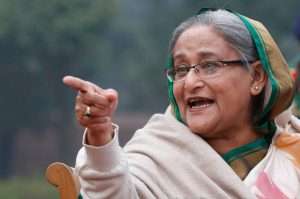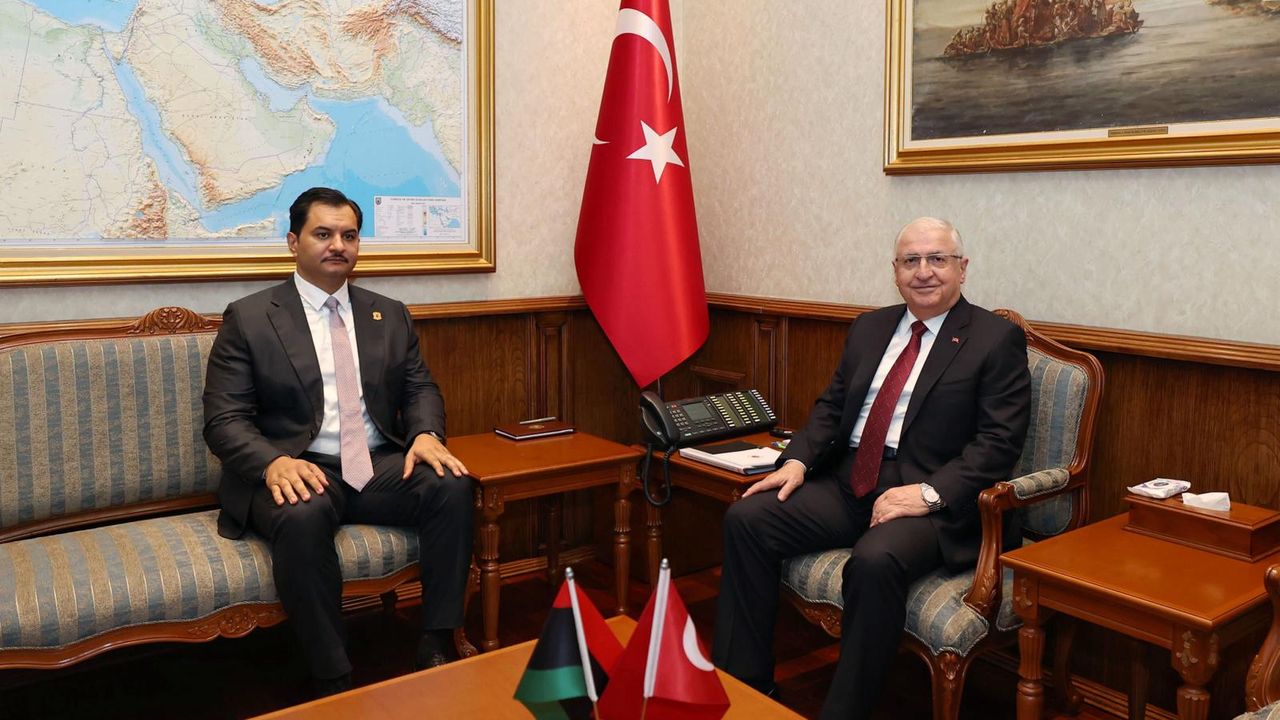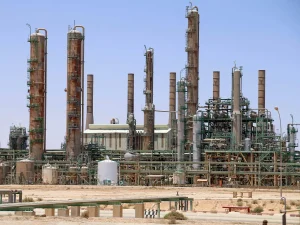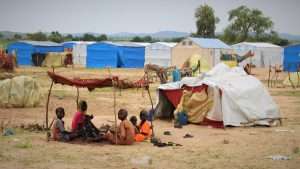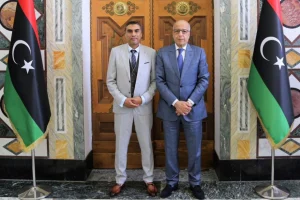UN chief urges Algeria to clarify stance on Western Sahara issue

UN Secretary-General Antonio Guterres called on the Algerian government to clarify its stance on the situation in the Western Sahara, reports Atalayar, October 16.
The UN chief also urged the Tebboune-led government to explain what really in happening in the disputed territory to organisations such as the United Nations’ Mission for the Referendum in Western Sahara (MINURSO).
A referendum on the issue was due to be held back in 1992 however due to concerns over voter eligibility, it has repeatedly been pushed back.
Algeria was criticised by Mr Guterres for “continuing to oppose the roundtable format”.
There has been a decades-old dispute with Morocco pitted against the Algerian-backed Polisario Front.
In late 2020, then US President Donald Trump’s administration recognised Morocco’s sovereignty over the Western Sahara as part of the Morocco-Israel deal. The kingdom has normalised ties with Israel which has angered vast swathes of the Moroccan population.
Guterres released a 16-page report on the situation in the Western Sahara in October of this year.
The report addressed multiple security issues in the region amongst other concerns.
“Low-intensity hostilities in the mission area between the Royal Moroccan Army and Frente POLISARIO continued to affect the ability of MINURSO to fully implement its operational activities, in particular ground patrols and aerial reconnaissance. The presence in the Territory of unexploded ordnance and explosive remnants of war continued to be of concern as possible threats to United Nations personnel and assets”.
Notably, the report addressed the role the African Union (AU) played in the conflict, highlighting what the bloc has said with regards to the self-determination that the Saharawi people are entitled to.
“On 22 September 2022, the African Court on Human and Peoples’ Rights issued a judgment in a case brought by a Ghanian national against eight African countries (Benin, Burkina Faso, Côte d’Ivoire, Ghana, Mali, Malawi, Tunisia and the United Republic of Tanzania) alleging that they had violated the Constitutive Act of the African Union and the African Charter on Human and Peoples’ Rights because of their failure to safeguard the territorial integrity and independence of “SADR”. The Court found that the respondent States had not violated the right to self-determination and other related rights alleged to have been violated by the Applicant and dismissed the request for reparations. At the same time, the Court reiterated in the judgment that all States members of the African Union have the responsibility under international law to ensure the enjoyment of the inalienable right to self-determination of the Sahrawi people”.
ATALAYAR
Read Also: Western Sahara altercation erupts at Africa unity event
Want to chase the pulse of North Africa?
Subscribe to receive our FREE weekly PDF magazine




